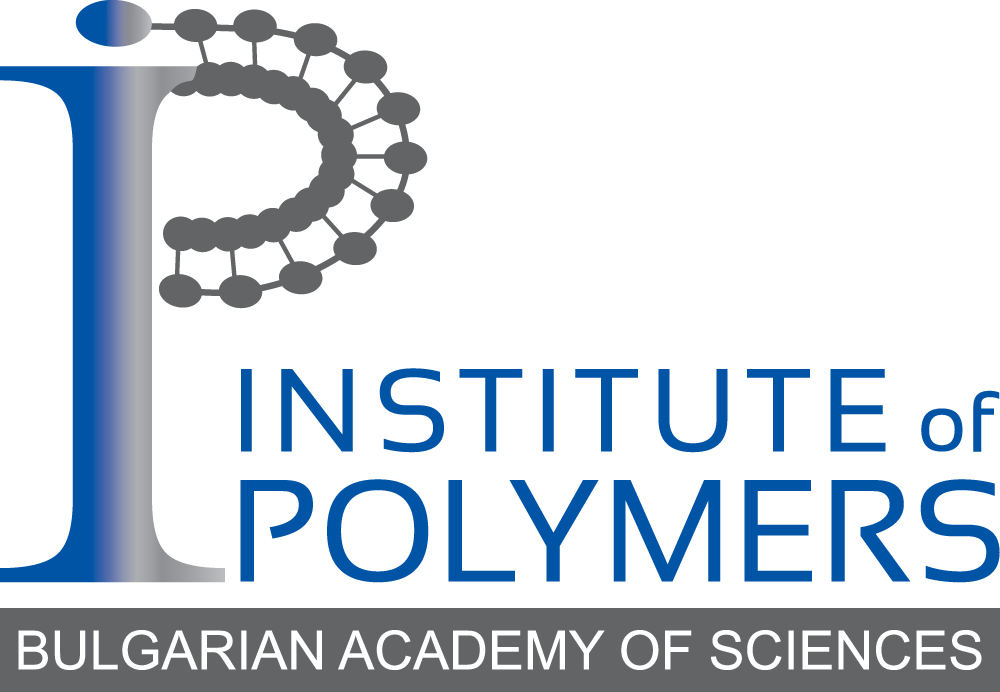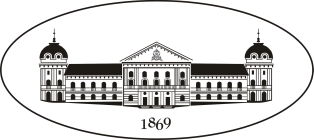
Project Preparation of innovative antimicrobial and antitumor electrospun materials from mucoadhesive and biocompatible polymers and chelating agents from the 8-quinolinol group
Project KP-06-N39/13
Coordinator:
Prof. Nevenka Manolova
Base organization:
Institute of Polymers, Bulgarian Academy of Sciences
Partner organizations:
Institute of Experimental Morphology, Pathology and Anthropology with Museum – Bulgarian Academy of Sciences
Start:
09 December 2019
Duration:
36 months
Summary:
The project aims at finding original approaches for the creation of innovative electrospun materials with improved design and purposely tailored properties containing low-molecular-weight compounds (LmCs) with chelating properties and biological activity that are potential candidates for future applications in the biomedical field to fight with some of the causes of bacterial and fungal infections or of cancer diseases. The project is of fundamental character and envisages finding appropriate means for combining the properties of mucoadhesive and biocompatible natural polysaccharides and non-ionogenic water-soluble polymers with those of selected LmCs with chelating properties and antimicrobial and antitumor activity (8-quinolinol derivatives). The structure and the morphology of the innovative materials will be purposely modulated by using the advanced method of electrospinning or its conjunction with electrospraying. Four types of novel micro- and nanofibrous materials will be obtained and characterized: (i) with LmCs incorporated in their bulk, (ii) with LmCs on their surface, and containing LmCs bound ionically (iii) or covalently (iv). The relation between the composition and the design of micro- and nanofibers and the LmCs release profile will be studied in vitro. The metal chelating ability of the fibrous materials will be also studied. In vitro tests will be performed to clarify the relationship between the composition and structure of the innovative fibrous polymer materials and their biological effect against selected pathogenic microorganisms (bacteria and fungi) and against human tumor cell lines that cause refractory and socially significant diseases. The acquired new knowledge will open prospects of tackling this major societal challenge.



